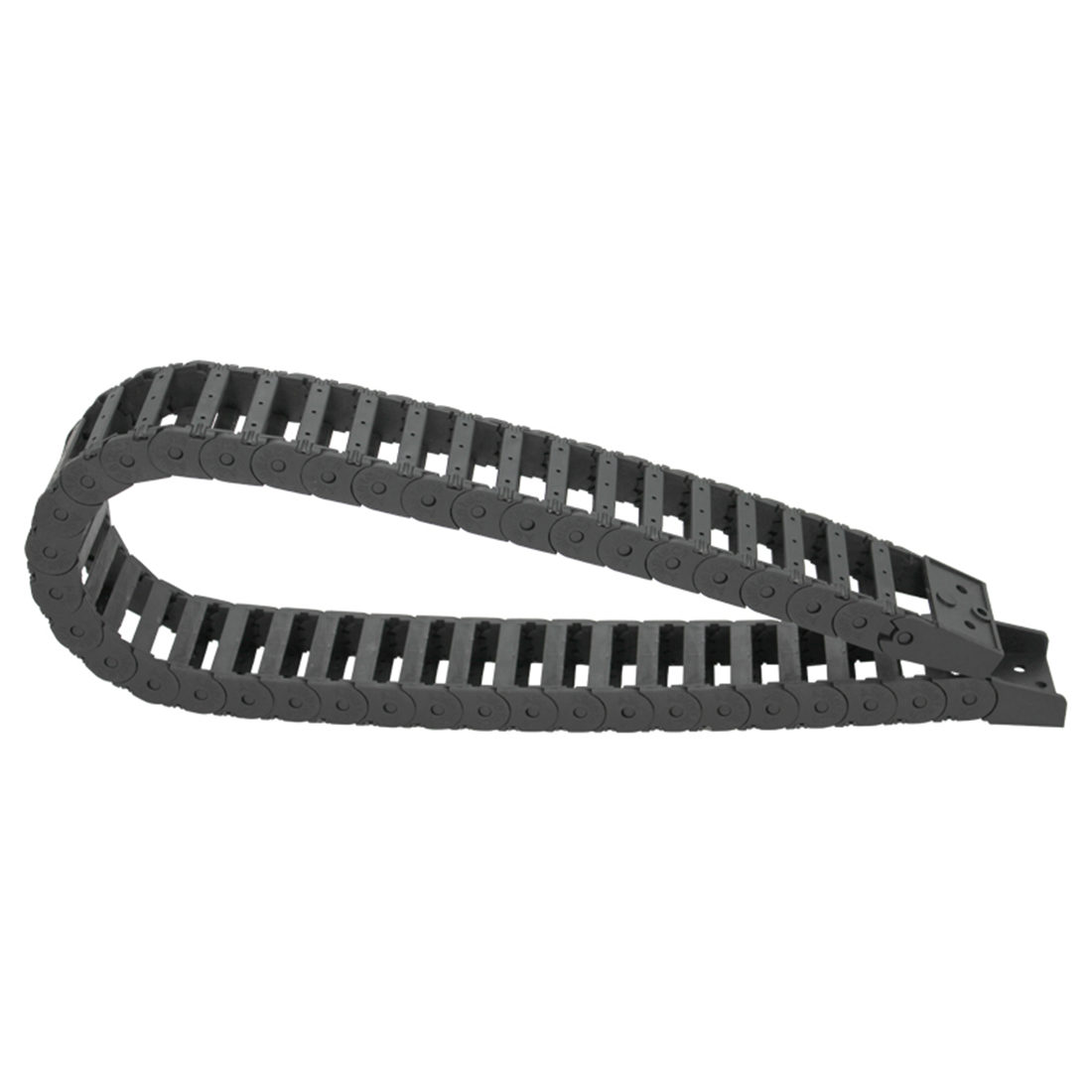chip conveyor
The Evolution and Importance of Chip Conveyor Systems in Manufacturing
In the realm of modern manufacturing, efficient material handling is paramount. One critical component of this efficiency is the chip conveyor system, which plays a vital role in the management of metalworking processes. These systems are designed to transport machine chips, scrap, and other byproducts generated during machining operations. By understanding the evolution, functionality, and importance of chip conveyors, we can appreciate their role in enhancing productivity and ensuring workplace safety.
Historically, the handling of metal chips was a cumbersome and labor-intensive process. Operators would manually collect scraps, leading to increased labor costs and potential safety hazards due to cluttered workspaces. The introduction of chip conveyors marked a significant shift in manufacturing processes. These systems automating the collection and conveyance of metal chips not only reduced labor costs but also improved efficiency and safety.
Chip conveyors come in various designs, tailored to fit specific manufacturing needs. The most common types include belt conveyors, auger conveyors, and scraper conveyors. Belt conveyors are versatile and suitable for various materials, while auger conveyors excel in handling small chip sizes. Scraper conveyors, on the other hand, are effective in transporting larger metal pieces. The choice of conveyor largely depends on the size, type, and volume of chips produced in a facility.
chip conveyor

One of the primary benefits of chip conveyor systems is their ability to improve productivity
. By continuously removing waste from the machining area, these conveyors enable machines to operate at peak performance without interruptions caused by chip accumulation. This consistent operation not only enhances throughput but also extends the lifespan of machinery by preventing overloads and potential damages caused by clogs.Moreover, the implementation of chip conveyors contributes significantly to workplace safety. By minimizing the presence of sharp metal scraps on the factory floor, these systems reduce the risk of accidents and injuries. A clean and organized workspace fosters a safer environment for workers and supports optimal workflow.
In addition to improving safety and productivity, chip conveyors also facilitate recycling and waste management. Many modern systems are designed to separate metal chips from coolants or oils, allowing for the efficient recycling of materials. This eco-friendly approach not only reduces waste but also supports sustainability initiatives within the manufacturing industry.
In conclusion, chip conveyor systems are indispensable in contemporary manufacturing. Their evolution from manual handling to automated solutions has revolutionized the way companies manage byproducts, leading to enhanced productivity, improved safety, and better waste management. As industries continue to advance, the role of chip conveyors will undoubtedly become even more critical in achieving operational excellence and sustainability.








